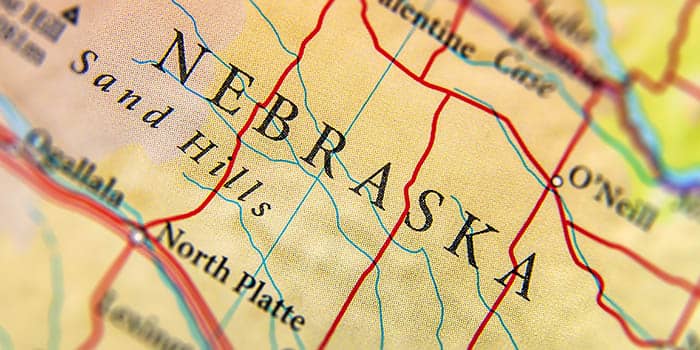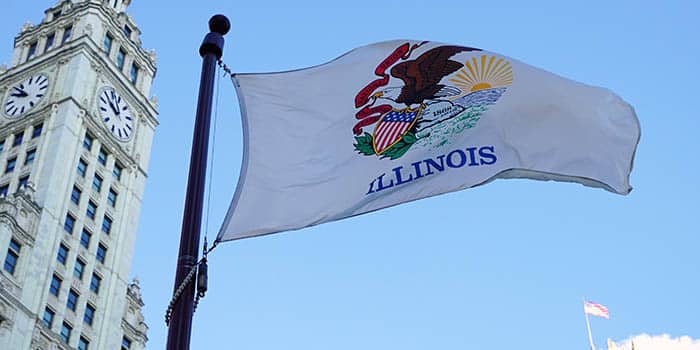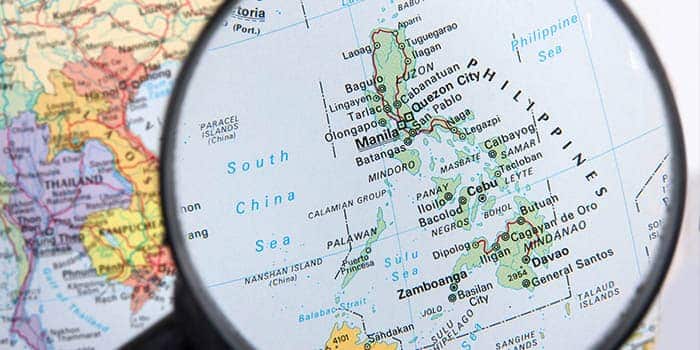- Casino
- By State
- Alabama
- Alaska
- Arizona
- Arkansas
- California
- Colorado
- Connecticut
- Delaware
- Georgia
- Florida
- Hawaii
- Idaho
- Illinois
- Indiana
- Iowa
- Kansas
- Kentucky
- Louisiana
- Maine
- Massachusetts
- Maryland
- Michigan
- Minnesota
- Mississippi
- Missouri
- Montana
- Nebraska
- Nevada
- New Hampshire
- New Jersey
- New Mexico
- New York
- North Carolina
- North Dakota
- Ohio
- Oklahoma
- Oregon
- Pennsylvania
- Rhode Island
- South Carolina
- South Dakota
- Tennessee
- Texas
- Utah
- Vermont
- Virginia
- Washington
- West Virginia
- Wisconsin
- Wyoming
- By State
- Slots
- Poker
- Sports
- Esports
Philippine Senate Launches Inquiry Into POGO-Related Crime

The Philippine Senate received a video presentation on Thursday by residents of Multinational Village, a gated community in Paranaque City, south of Manila, that reported problems with Chinese nationals working for Philippine Offshore Gaming Operators /POGO/.
Chinese Workers Cause Problems
The complaint was presented to the Senate Committee on Accountability of Public Officers and Investigations, popularly known as the blue-ribbon committee, claiming that, from once a quiet, gated residential community, Multinational Village has turned into a Chinese-populated neighbourhood.
At times the situation gets out of control, the report continued, and recently the Philippines living there even had to prevent the setting up of a firing range for target practice, despite foreigners being barred from owning or carrying guns under Philippine law.
The people vented their frustration that the power network is overloaded by the crammed with Chinese nationals houses, the latter suited to single-families only.
In addition, the increased number of people is causing constant pile up of garbage, and the numerous buses and vans that provide transport for the workers cause congestions and road damages, the complaint continued.
Officials Are Well Aware
All these facts are well known to the Philippine officials, as in November 2019 Multinational Village natives publicly appealed to President Duterte to stop the construction of POGO-related housing buildings.
By that time a local newspaper reported 27 new multi-storey dwellings were being built, in addition to the 102 homes already rented out to POGO workers, despite the area being zoned as single-family dwellings only by the city officials.
Crime Surge Points To POGOs
Philippine National Police Major General Guillermo Eleazar, chief of the directorial staff, testified at the Senate hearing that lots of criminal activities have also been connected with POGO workers’ accommodation that started in 2017, with 59 Chinese suspects and 173 rescued Chinese sex-slave women in the statistics . In addition, people among which Chinese nationals had brought to the country in the region of $633 million in cash, used mainly to finance crime activities.
The law in the Philippines, unlike other jurisdictions, allows “bulk cash smuggling” and money was not seized by the Customs bureau and the Anti-Money-Laundering Council, and the presence of between 2,000 to 3,000 Chinese military, as per an unofficial report, raised suspicion smuggled cash may finance destabilization operations.
Cash Smuggling Finances Illegal Online Gambling
With regards to money laundering, there were billions of pesos worth of “suspicious transactions” related to POGO workers and linked to possible violations of the e-Commerce Act and drug trafficking, with most of the transactions flagged to PAGCOR, the national regulator, by the Anti-Money-Laundering Council, the latter also finding out that around 200 online casinos were illegally offering gambling services.
In December 2019, under pressure by China, the Philippine officials arrested several hundred illegally working Chinese nationals, and last month the Philippine Senate launched an investigation into POGOs, after senior Bureau of Immigration officials were implicated in a bribe scheme charging Chinese people with hefty sums in return for guaranteed entry in the country.
Related Topics:
Mike made his mark on the industry at a young age, consulting for companies that would later become regulators. As one of the lead editor of Gambling News, he dedicates his weekdays to this project, aiming to educate the masses on the latest developments in the gambling circuit. His expertise and passion for the industry make him an invaluable asset to our team.
Must Read
Casino
June 24, 2025
NZ Opens Door to Regulated Online Casino Market
More Articles



Casino
June 30, 2025
Man Admits to Laundering Cocaine Money Through Casinos

Legal
June 27, 2025
Nebraska Lottery Winner Seeks to Dismiss Fraud Charges












